
Project Management: The McGraw-Hill 36-Hour Course
Recommendation
Unlike many books on project management, which tend to be sand-dune dry, this textbook for McGraw-Hill's 36-hour project management course has interesting narrative elements. The focus is on project management skills, but you also will learn about fascinating historic projects and obstacles their builders encountered. However, this book would have benefited from more disciplined editorial direction. For example, some of the closing chapters would probably help the reader more if they were presented earlier. However, the quirky sequencing doesn't diminish the informational deliverables. The convenient chapter summaries and the self-tests at the end of each chapter will help you stay on schedule. getAbstract believes professional and up-and-coming project managers will find that reading this book is a worthwhile project.
Summary
About the Authors
Helen S. Cooke, M.A., P.M.P., is a frequent speaker who heads a Chicago project management consultancy. She has managed more than 50 projects and has more than two decades of project management experience. Karen Tate, M.B.A., P.M.P., is president and founder of a Cincinnati, Ohio, project management consulting firm. She is on the board of the Project Management Institute.










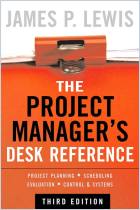
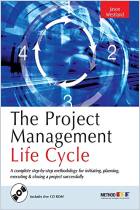
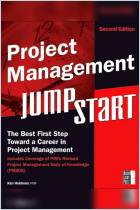

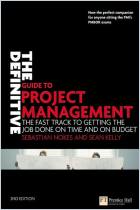
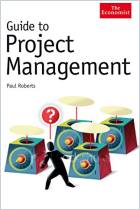



Comment on this summary or Diskussion beginnen